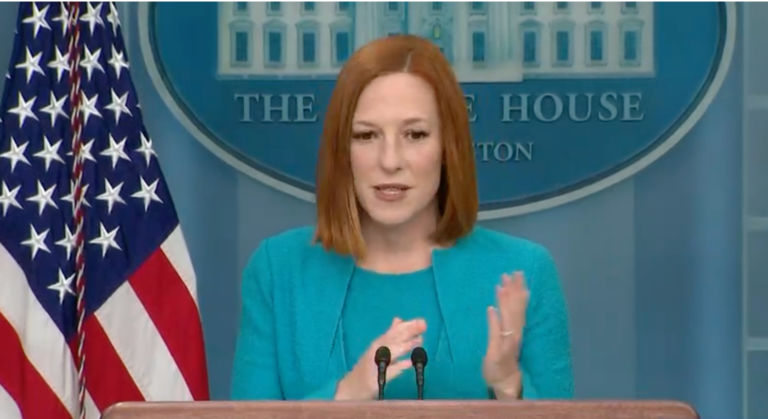Jim Geraghty of National Review Online explores the foreseeable consequences of bad policy ideas.
There’s a recurring theme running through today’s news and columns — the often-foreseeable consequences of decisions made in the not-too-distant past, the ignored warnings about those foreseeable consequences, and the frustrating, infuriating, and immiserating effects of those past decisions. A majority of the American people never said, explicitly, to their leaders, “Welcome as many people from other countries as you can,” never asked them to run up a crippling debt with interest payments that exceed our spending on Medicare or defense, never asked them to put violent criminals back on the streets quickly without bail, and never asked them to entrust America’s future to a doddering octogenarian. …
… If you haven’t read it already, you must read our Ryan Mills’ reporting about Chicago Democrats who are infuriated with how city and state leaders have prioritized taking care of incoming migrants over impoverished local citizens:
“Smith-Members, an independent Democrat, is frustrated by the response of her party’s far-left leaders to the influx of migrants who have flooded the city over the last year and a half.” …
… If the policy of the United States is that we will have spotty enforcement of border security along our 1,954-mile southern border, and that once inside the country, a person seeking asylum may remain in the country until their court date in 2033, then just about everyone who can get across the border will choose to do so. Technically, that’s not an “open borders” policy, but it is effectively indistinguishable from one — just about anyone who shows up can claim they seek asylum, and then spend the next near-decade living their new life in America.
What’s particularly fascinating, Mills reports, is that these Chicago Democrats reject the scapegoating of Republican border-state governors for busing migrants to their city.


